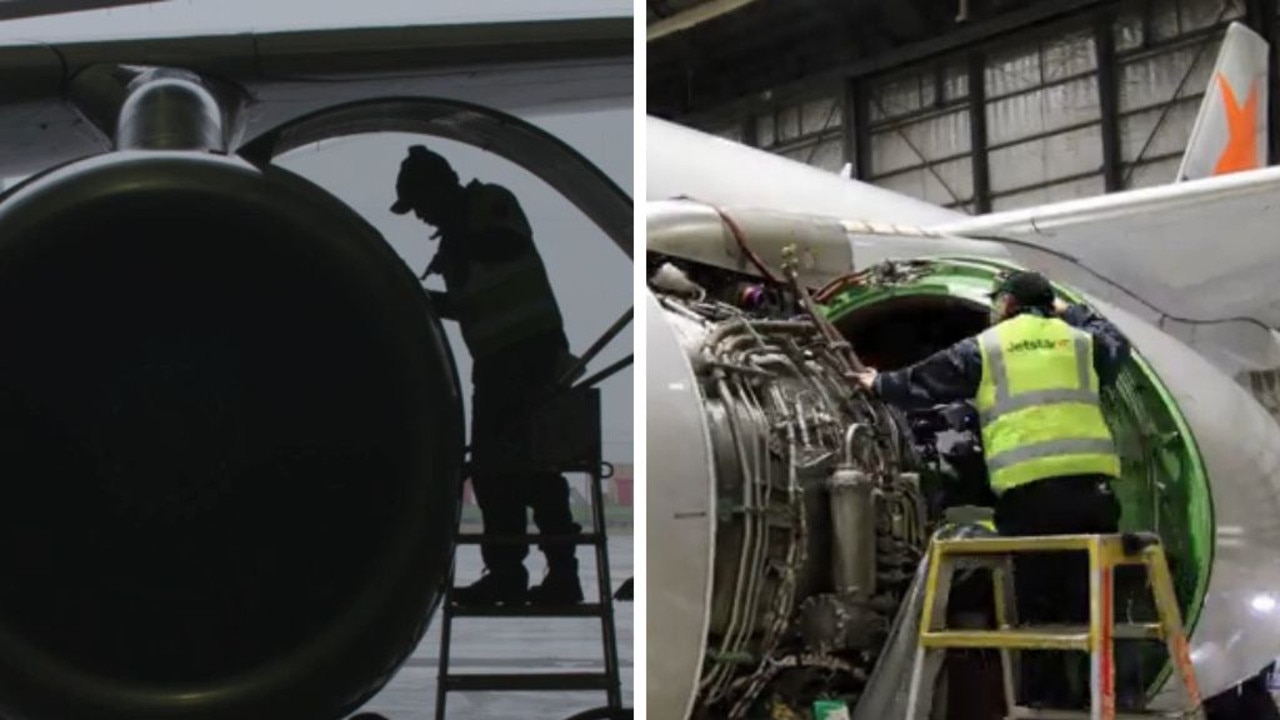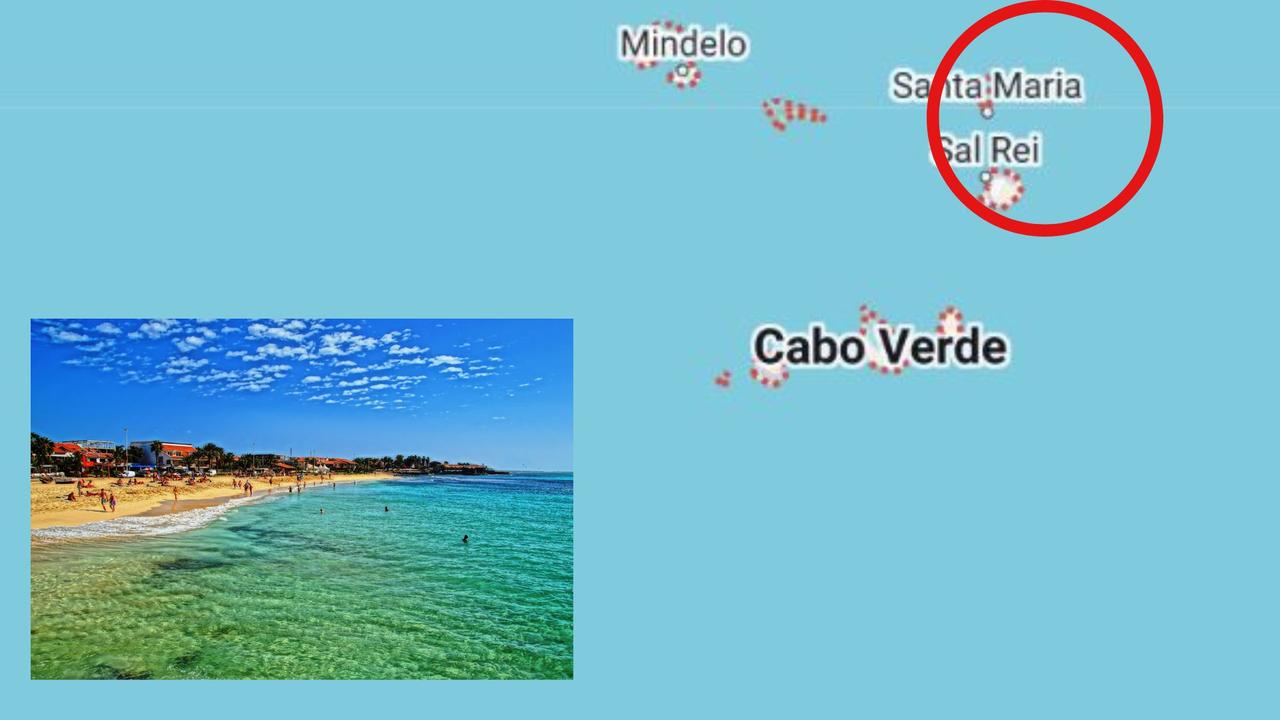Coronavirus travel ban: Six reasons you’ll be allowed to leave Australia
Most Australians who have asked for permission to travel internationally while borders are shut have been rejected. So who’s allowed out?
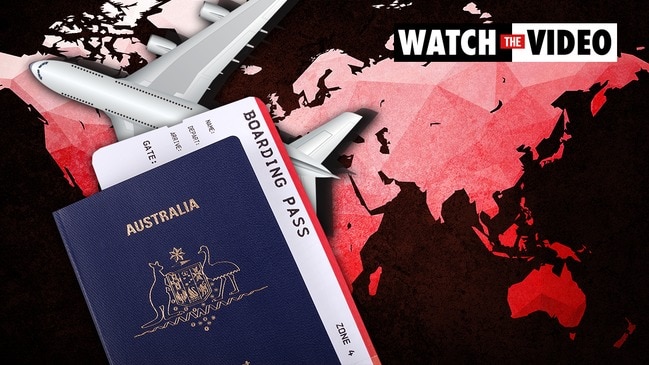
Only about a third of requests by Australians to leave the country has been successful as the international travel ban passes the five-month mark.
While countries such as New Zealand, the United Kingdom and the United States have advised their citizens against travelling overseas, Australia appears to be the only democracy where outbound travellers need special permission to leave — and it seems particularly hard to get the green light.
This decision, which Prime Minister Scott Morrison says has been an “uncontroversial” move in the fight against COVID-19, has shut Australia’s borders to outbound travellers since March 25. For those wanting to leave, Australians are required a travel exemption from the Australian Border Force (ABF) or face being rejected at the airport.
RELATED: Follow the latest coronavirus updates
RELATED: Sex workers in hotel quarantine breach
The ABF told news.com.au as at August 16, Australian citizens and permanent residents have made more than 104,780 travel exemption requests. Requests may cover more than one person and individual travellers may have made multiple requests.
Of those, more than 34,370 people have been successful.
During the same period, more than 10,940 requests were denied, with the remainder “otherwise finalised”, including requests that were withdrawn or didn’t provide sufficient information.
When our borders will reopen for outbound departures remains in question, with Finance Minister Mathias Cormann confirming the federal government is taking a “cautious approach”. Mr Cormann said the federal government could not yet “foresee the timetable by which international borders will be able to open”.
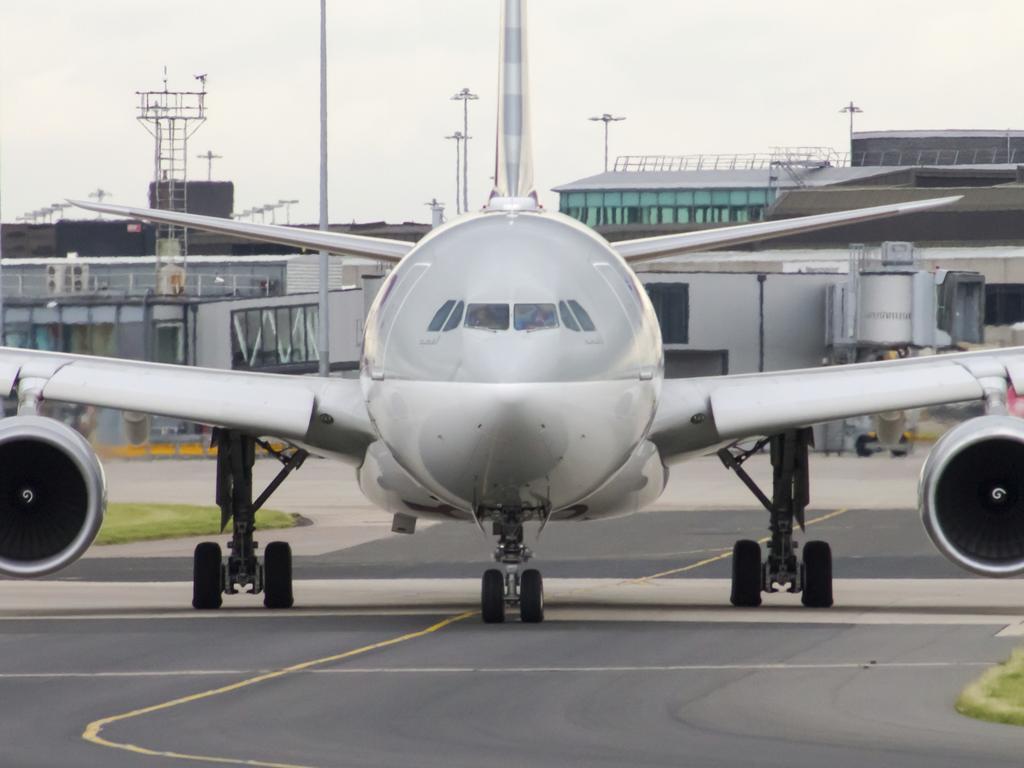
Currently, there are six reasons Australian citizens and permanent residents can seek permission to leave the country.
They are: travel is part of the response to the COVID-19 outbreak, travel is essential for the conduct of critical industries and business, to receive urgent medical treatment not available in Australia, urgent and unavoidable personal business, compassionate or humanitarian grounds, and travel in the national interest.
Temporary visa holders are free to leave Australia at any time but it’s up to the ABF Commissioner to decide if they can re-enter.
They are also exemptions for airline and maritime crew, New Zealanders with a Special Category (subclass 444) visa, freight workers, and people travelling for government business.
However, some Australians are finding their legitimate reasons for leaving the country are still not good enough.
This week, Melbourne man Niall Williams told news.com.au he and his brother were knocked back multiple times trying to get permission to leave Australia to see their dying dad in the UK — and they only got approval after he passed away.
“My brother is in Sydney, I’m in Melbourne but the Australian Government wouldn’t allow us to leave,” he told said.
“We got refused the first time, and they essentially said that until we gave them the death certificate, it wasn’t enough.”
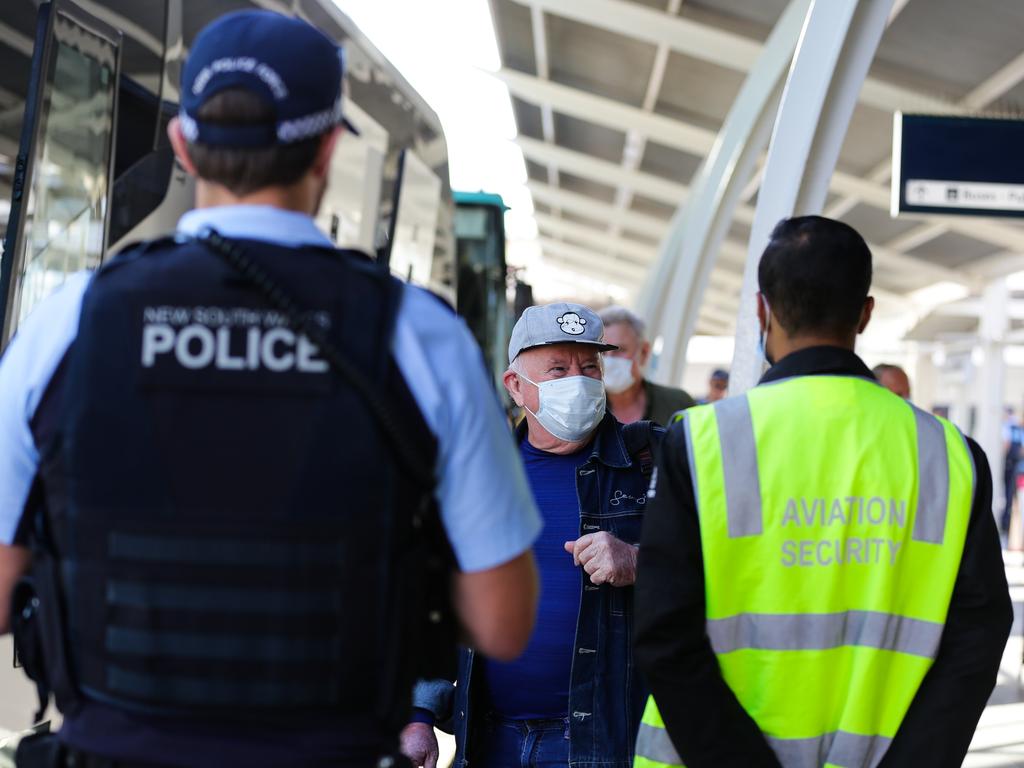
The brothers found out their dad was gravely ill in late May, and he died on June 2.
Mr Williams said his brother’s application was accepted four days later and Mr Williams’ on the fifth day, and they were able to make it to the UK for the funeral.
Local MPs have been inundated with pleas for help from residents who are struggling to secure permission to leave Australia for urgent matters.
Liberal MP Dave Sharma, from Wentworth in Sydney’s eastern suburbs, told the Sydney Morning Herald the travel ban was a “pretty extraordinary restriction on people’s liberty” while independent MP Zali Steggall in Warringah said the rule “puts us on par with North Korea”.
DOWNSIDE OF MAKING IT OUT
However, Australians who do make it overseas are facing major problems trying to get back.
Thousands of Australians who were stranded overseas due to the pandemic are growing increasingly desperate as the Federal Government’s strict caps on inbound traveller numbers and the scarcity of international flights make travel to Australia seemingly impossible.
Airlines are increasingly bumping confirmed passengers in favour of those with more expensive tickets so they can remain profitable.
Mr Williams, who is still in the UK after the death of his father, doesn’t know if he’ll actually be boarding his September 10 flight from the UK to Sydney.
He had a flight booked on August 13 but it was cancelled 72 hours before it was due to depart.
“So now I’m pretty much stuck in the UK for a month without any support,” he told news.com.au.
“I don’t have any family really locally, my partner is stuck in Melbourne and she’s struggling because everyone seems to be at the moment in this lockdown.
“My issue really at the moment is that it’s almost like a lottery system for the flights.”
Since last month, international arrivals have been capped per week to 525 in Perth and 500 in Brisbane, and 450 per day with a maximum of 50 passengers per flight in Sydney.
Melbourne remains off limits to inbound international travellers.
Some Australians in Europe with business class tickets have been advised by airlines the earliest availability for another flight to Australia is around Christmas, while economy passengers are unlikely to make it back home this year.
Returning Australians also face the significant cost of two weeks of self-funded mandatory hotel quarantine upon their return, which can cost around $3000.
The Prime Minister has not flagged when Australia’s international borders will reopen, and Qantas doesn’t expect international travel to resume until mid-2021.
But Mr Morrison said on Friday he was still considering a travel bubble with New Zealand and other Pacific Island nations, although reopening state borders remained his priority.
“I’m trying to get the New Zealand travel bubble back in place, and I’m sure we’ll take that up again soon,” Mr Morrison said.
“I’d like to see that also if we can among the Pacific nations … Japan is keen to do it, Singapore is keen to do this and there are a number of nations that are happy to do this with us and I can see that as the next step, but right now, we’re trying to get the domestic borders open.”


